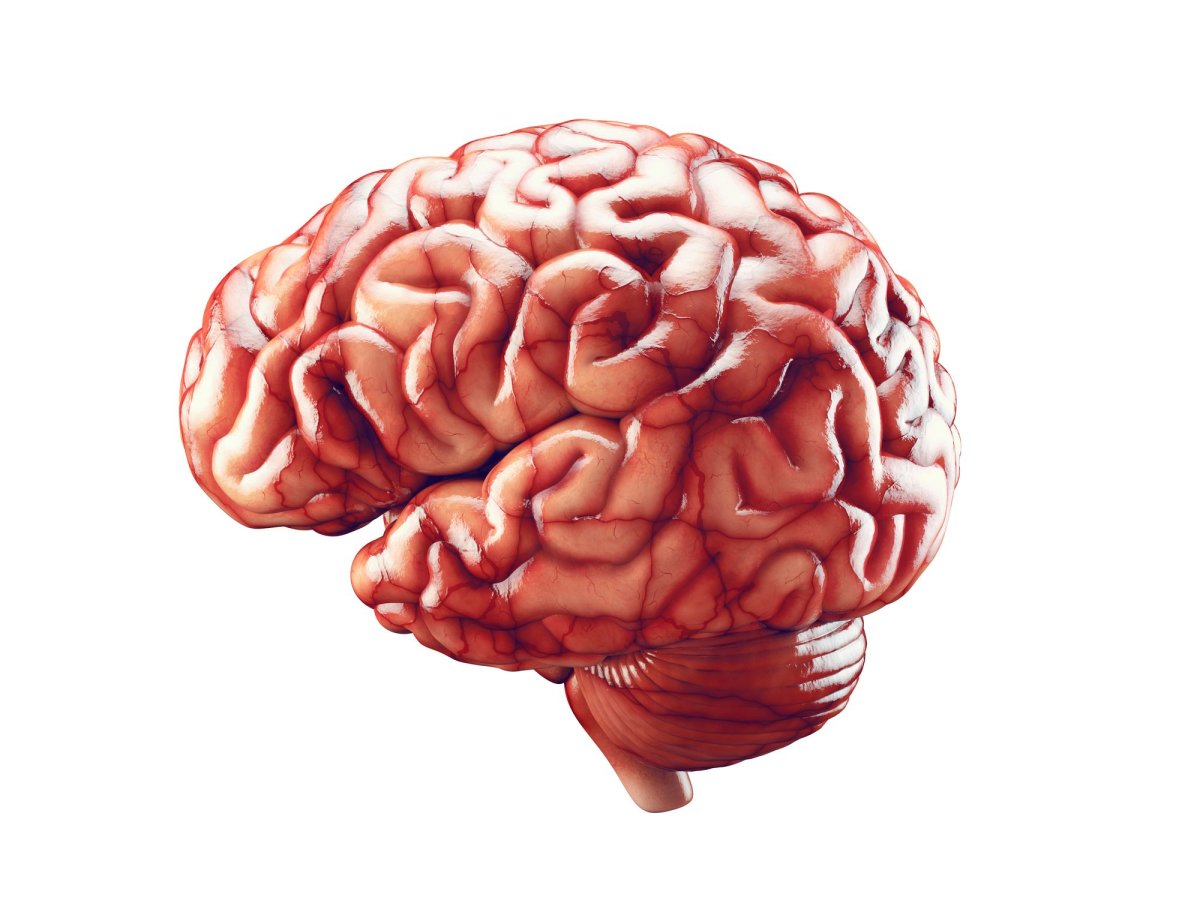Depression has been linked to the brain aging faster in a new study.
To understand whether there is a connection between depression and the decline in cognitive function as we age, the authors of the research analyzed over 34 studies, featuring more than 71,000 participants in total. The participants included those who were diagnosed with clinical depression and those who reported having symptoms of the mental condition, such as low mood.
Probing this apparent link is important as major depressive disorder is a leading cause of disability in the U.S. for those between 15 to 44 years old, and depression affects more than 16.1 million adults in any given year. Meanwhile, worldwide cases of dementia are set to spike to 74.7 million by 2030 worldwide. However, researchers stressed it is not known whether depression directly causes dementia or related illnesses such as Alzheimer's.

Amber John, who carried out the research for her Ph.D. at the University of Sussex in the U.K., said, "People living with depression shouldn't despair—it's not inevitable that you will see a greater decline in cognitive abilities. And taking preventative measures such as exercising, practicing mindfulness and undertaking recommended therapeutic treatments, such as cognitive behavior therapy, have all been shown to be helpful in supporting wellbeing, which in turn may help to protect cognitive health in older age."
The team looked for a link between depression and symptoms of cognitive decline in older adults, including memory loss, weakened decision-making skills and being slower at processing information. To ensure the results could be related to the general population, individuals diagnosed with dementia were not included in the analysis.
The study, published in the journal Psychological Medicine, suggested that depression was associated with a greater decline in cognitive abilities as participants grew older when compared with those who didn't have the condition.
As there is currently no cure for dementia, the authors said their findings emphasized the importance of being vigilant of symptoms so mental decline can be caught as soon as possible.
Dr. Darya Gaysina, of the Environment, Development, Genetics and Epigenetics in Psychology and Psychiatry Lab at the University of Sussex and a lecturer in psychology, said in a statement: "This study is of great importance—our populations are aging at a rapid rate and the number of people living with decreasing cognitive abilities and dementia is expected to grow substantially over the next 30 years."
She added the findings should encourage governments to take mental health issues seriously, and ensure health provisions are properly resourced so people with depression and anxiety can receive treatment "in order to safeguard brain function in later life."
Uncommon Knowledge
Newsweek is committed to challenging conventional wisdom and finding connections in the search for common ground.
Newsweek is committed to challenging conventional wisdom and finding connections in the search for common ground.
About the writer
Kashmira Gander is Deputy Science Editor at Newsweek. Her interests include health, gender, LGBTQIA+ issues, human rights, subcultures, music, and lifestyle. Her ... Read more
To read how Newsweek uses AI as a newsroom tool, Click here.








